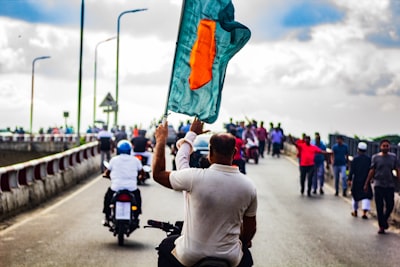Summary
The article details escalating political unrest in Togo, where recent anti-government protests have grown in response to the decades-long rule of the Gnassingbé family. The immediate catalyst was the arrest of rapper Aamron, a popular critic of the regime, who was allegedly detained without due process and subjected to psychiatric abuse. Outrage grew as reports emerged of widespread human rights violations, including torture and fatal crackdowns on demonstrators. These events have intensified demands for political freedom and accountability, set against the backdrop of a constitutional change that further entrenched President Faure Gnassingbé's power.
Analysis
Togo’s political turmoil is rooted in longstanding autocratic rule, systemic corruption, and deep-seated public frustration. The regime’s decision to bypass electoral processes by altering the constitution points to the erosion of even nominal democratic norms, raising ethical and legal concerns. The arrest and mistreatment of Aamron—a figure who channels youth discontent—symbolizes the regime's fear of cultural and generational dissent, using state power not only to silence but also to delegitimize critics. International response has been notably tepid, perhaps overshadowed by global crises, leaving domestic actors and diaspora networks to rally opposition almost alone. Notably, the rhythm of crackdowns and periodic uprising suggests a cycle of hope and despair in Togo’s civil society.
Discussion
Togo's current crisis is emblematic of broader patterns in global politics, where rulers manipulate constitutions and suppress dissent to cling to power. The prominence of young activists, social media mobilization, and cultural figures like Aamron highlights a generational shift, with youth seeking both political liberation and economic opportunity. Ethically, the cost of repression—lost lives, broken dreams, families in fear—demands attention from the international community, even as the world is distracted elsewhere. At stake is not just the fate of a single protest or personality, but the future of a country mired in dynastic rule for nearly sixty years.
Parallels to struggles in other nations illuminate familiar dilemmas: What finally tips a population from endurance to open defiance? What are the tipping points for international solidarity or intervention? And what frameworks—beyond punitive sanctions—exist to support the aspirations of those working for justice inside closed regimes? As young activists and artists keep the flame of dissent alive in Togo, their struggle invites us to ponder the value of free expression, the dangers of unchecked power, and the universal longing for self-determination.

Comments
No comments yet. Be the first to comment!